Turkey is likely to be excluded from the 5,000-strong stabilisation force planned for Gaza after Israel made clear it did not want Turkish troops involved. Marco Rubio, the US secretary of state, confirmed that Israel must be comfortable with the nationality of all forces participating in the mission, which aims to prevent a security vacuum once Gaza’s reconstruction begins. Although Turkey had offered to contribute troops, Israel’s disapproval stems from growing tensions over Syria and Ankara’s perceived closeness to Hamas and the Muslim Brotherhood.
The potential exclusion is controversial, as Turkey is one of the guarantors of the Trump 20-point ceasefire agreement and has one of the region’s most capable Muslim armed forces. The new force is expected to be led by Egypt, with Indonesia and the United Arab Emirates among other contributors. These countries still prefer that the mission receive a UN Security Council mandate, even if it is not formally a UN peacekeeping force.
Israel and US outline postwar structure for Gaza
The stabilisation force will coordinate with a US-led Civil-Military Coordination Centre (CMCC) based in Kiryat Gat, southern Israel. The CMCC, which includes a small number of British, French, Jordanian and Emirati advisers, was inaugurated by US vice-president JD Vance. The centre will also assist with aid coordination for Gaza, though key crossings remain closed.
The mission’s tasks include disarming Hamas and supporting the formation of a transitional Palestinian government, which remains disputed. Israeli prime minister Benjamin Netanyahu has rejected Palestinian Authority involvement, though Palestinian factions have agreed to hand governance to an independent technocratic committee.
Meanwhile, an 81-member Turkish disaster response team remains at Egypt’s border awaiting Israeli clearance to enter Gaza. President Recep Tayyip Erdoğan urged the US to increase pressure on Israel, calling for sanctions and arms bans to enforce the Trump plan.
Rubio added that the UN’s Palestinian relief agency, Unrwa, would have no role in Gaza, labelling it a “subsidiary of Hamas”. His stance contrasts with many European nations and the International Court of Justice (ICJ), which recently described Unrwa as essential for aid delivery. The ICJ also found insufficient evidence that the agency had been irreversibly infiltrated by Hamas.
Impact Shorts
More ShortsJoint US-Israeli opposition to Unrwa presents a challenge, as the Trump plan includes a UN role in aid distribution but excludes the agency itself. Norway is now drafting a resolution based on ICJ findings, emphasising that Israel must not restrict humanitarian aid. Despite an agreement for 600 trucks of aid daily, only 89 on average have been allowed through — just 14% of the pledged amount.
Unrwa has criticised Israel for ongoing violence and annexation in the West Bank, calling for compliance with international law. The head of the UN’s humanitarian agency, Tom Fletcher, described Gaza as resembling the ruins of Hiroshima or Dresden after his recent visit.
In Cairo, delegations from Hamas and Fatah agreed to transfer Gaza’s administration to a temporary committee of independent technocrats, working with Arab partners and international organisations to restore essential services.


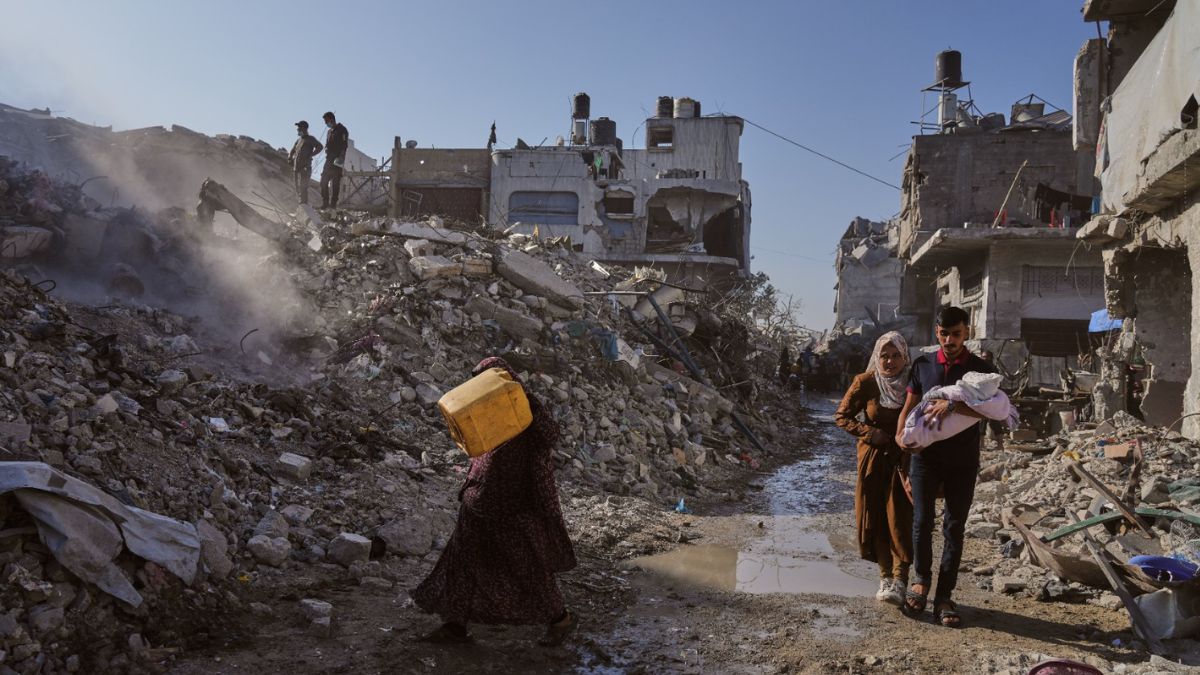)
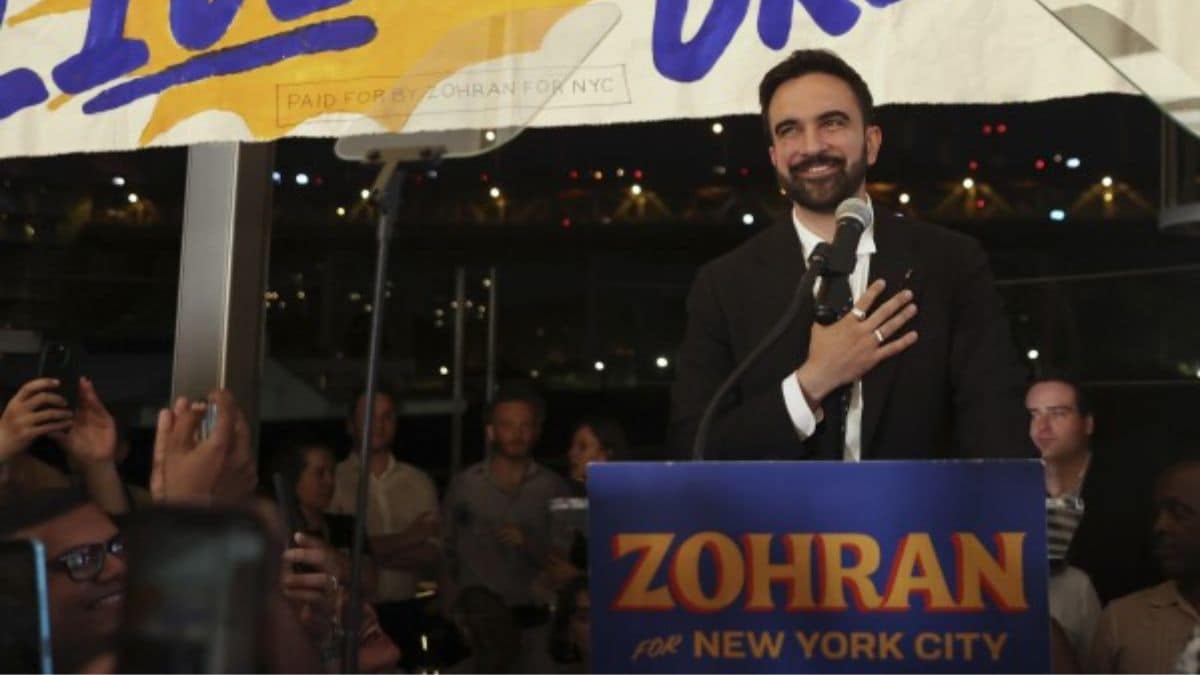
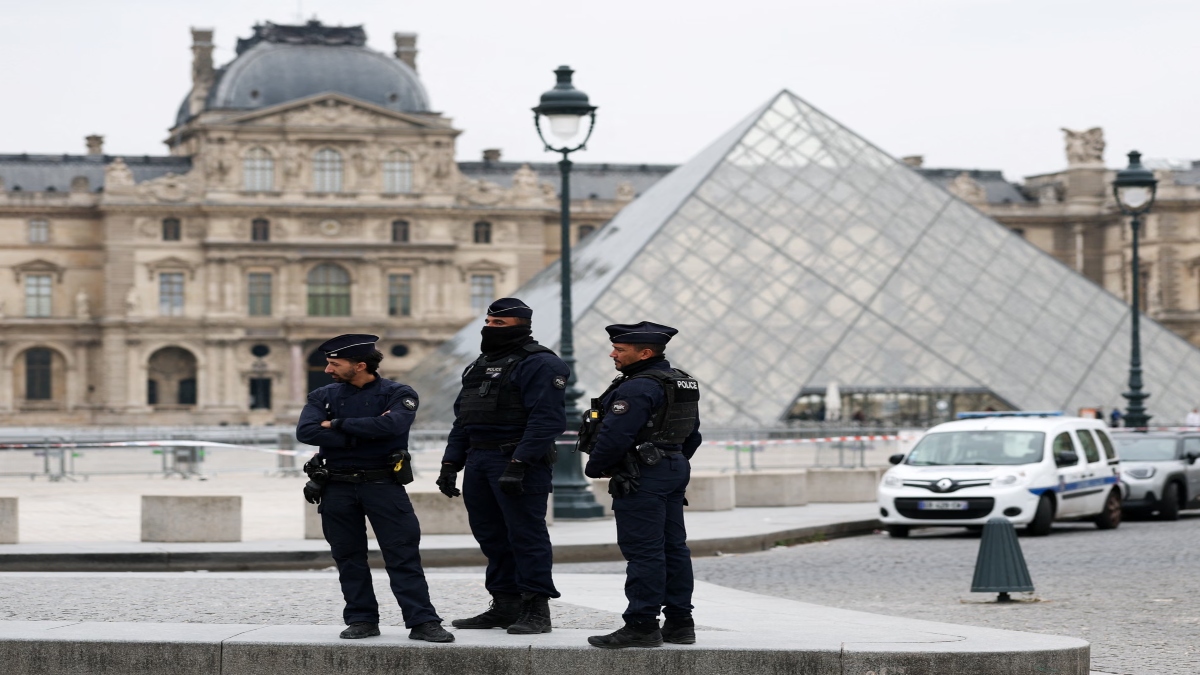)
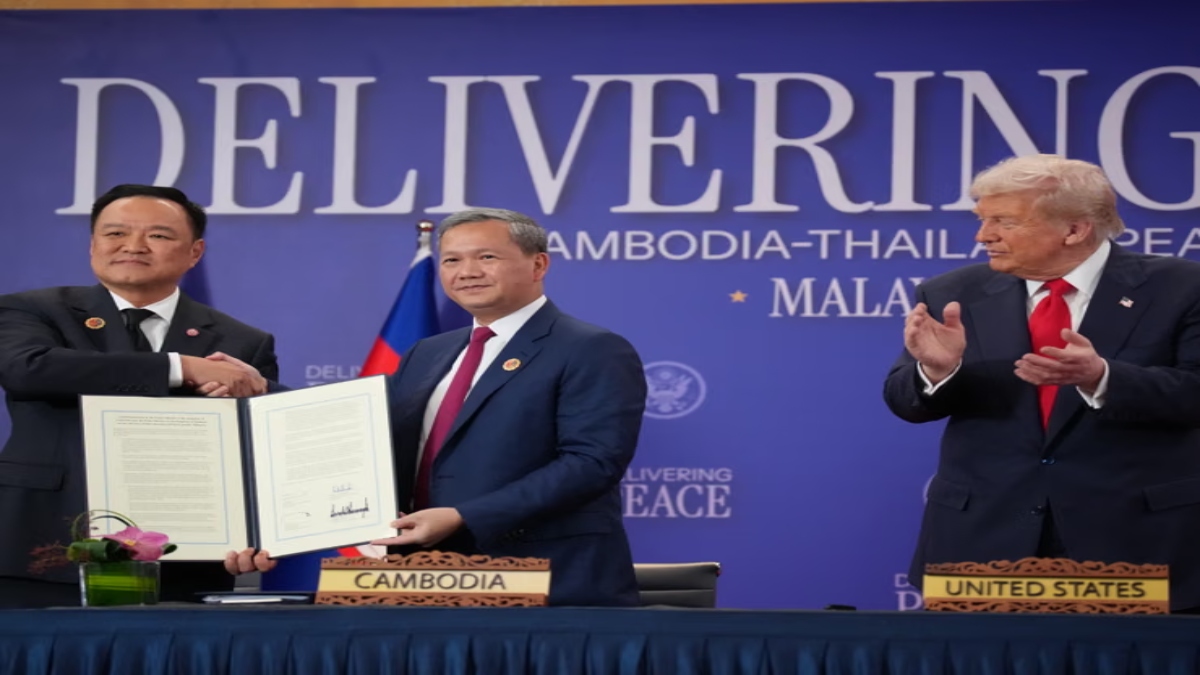)
)
)
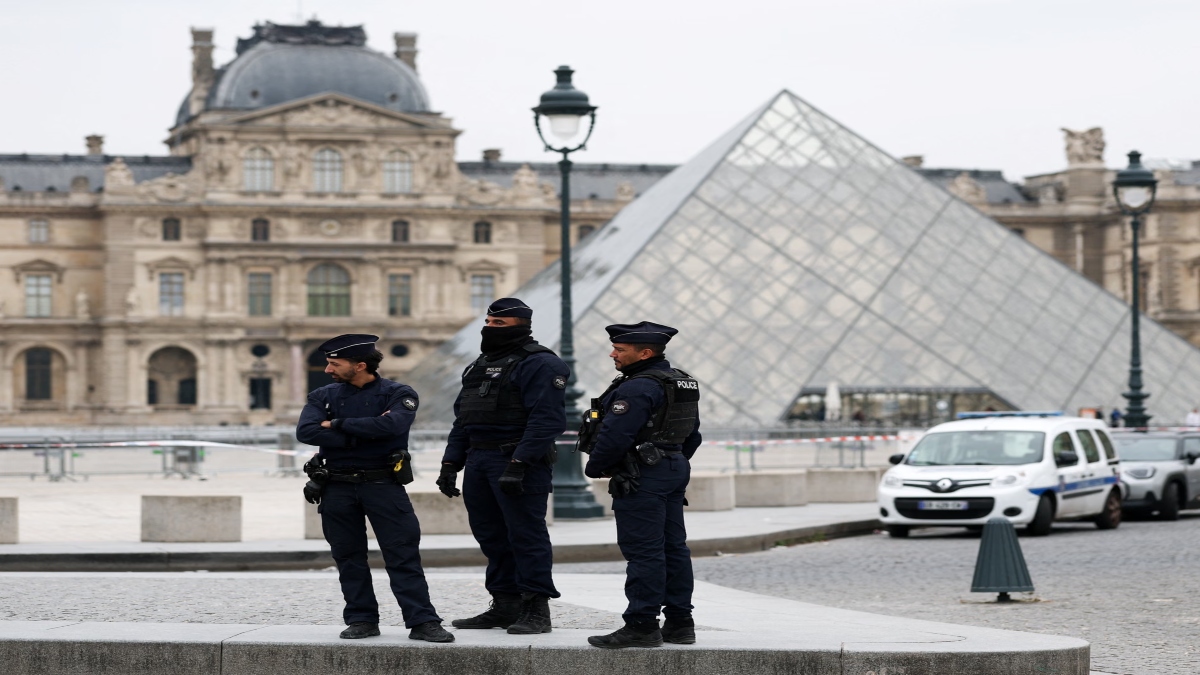)
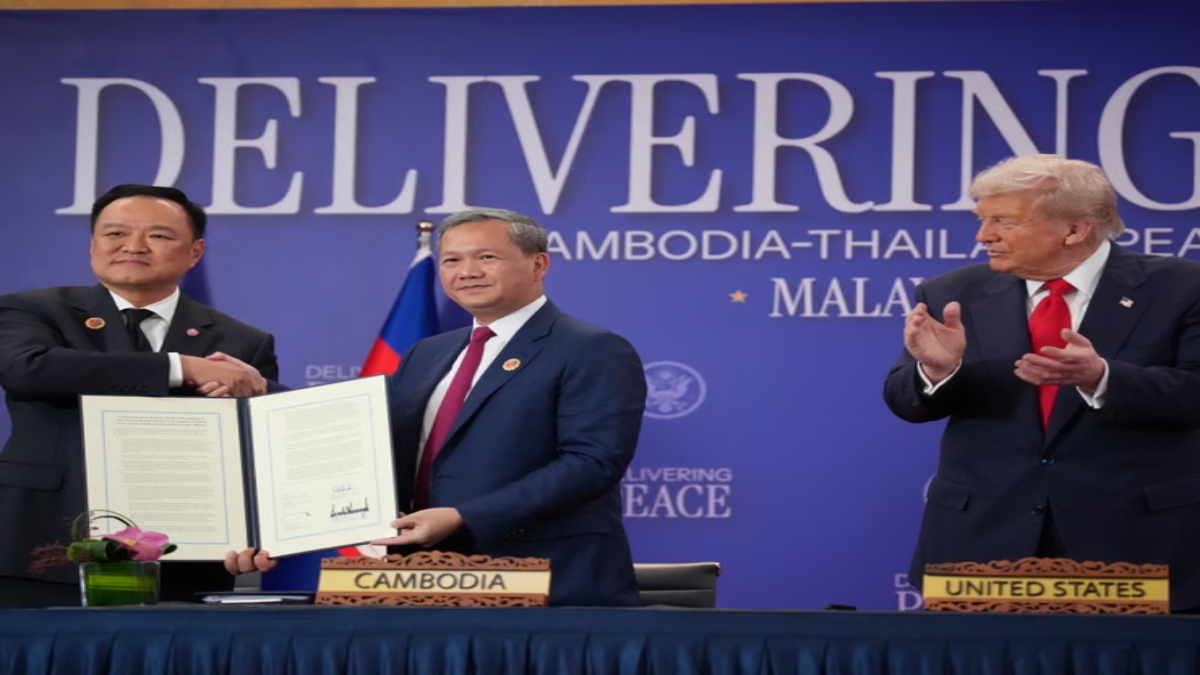)
)
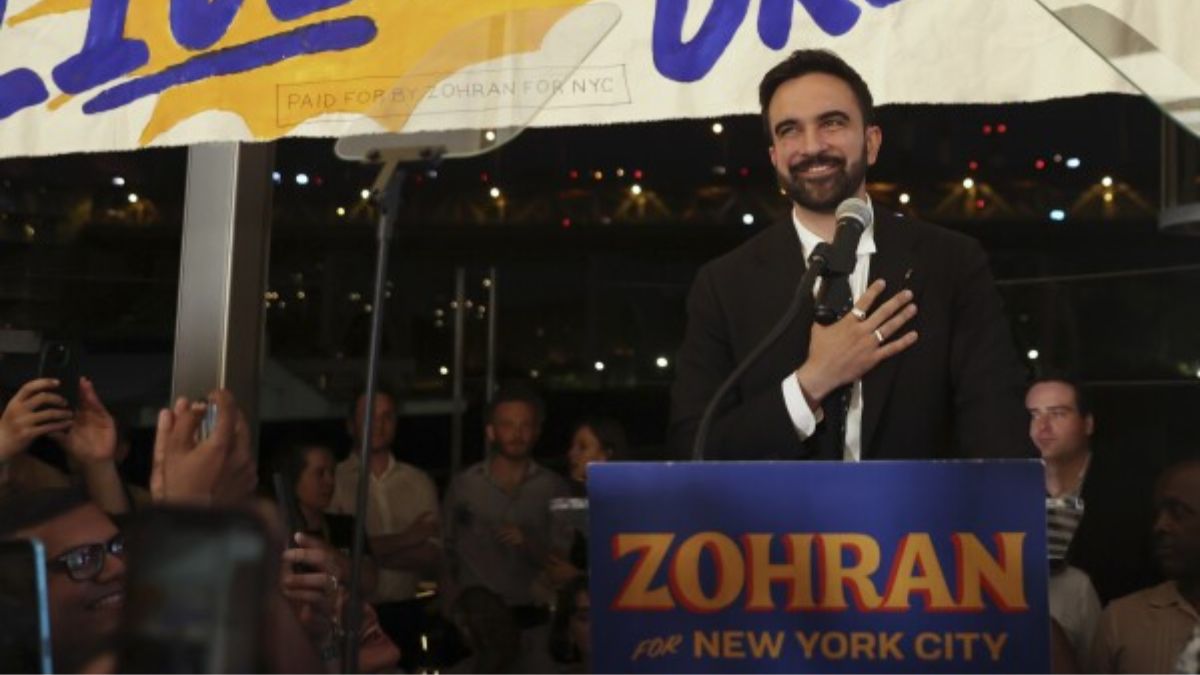)



